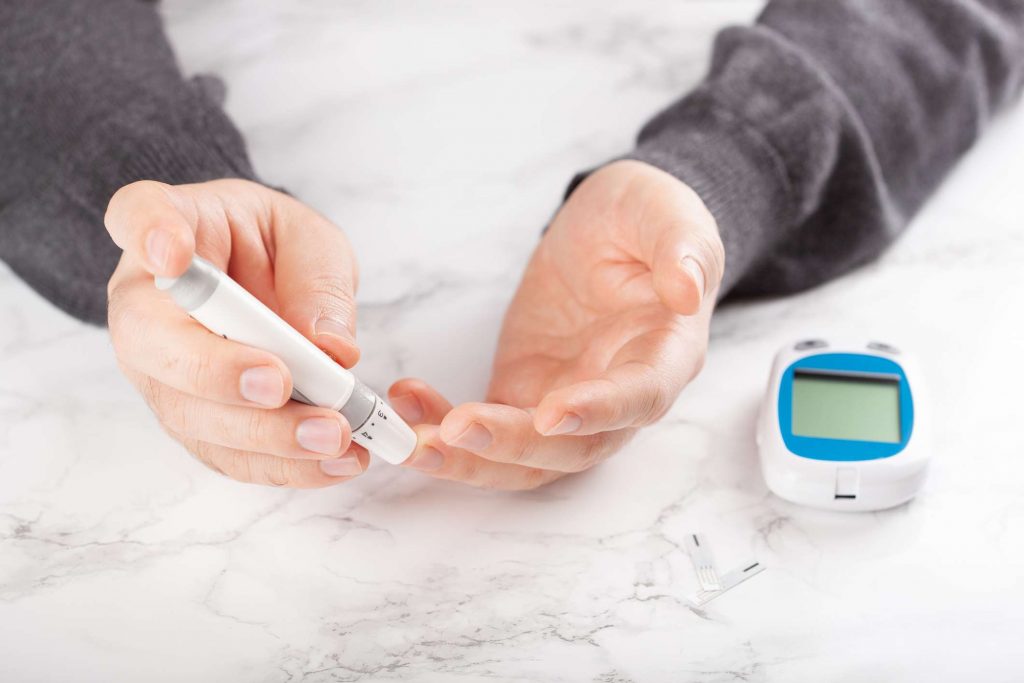Many of us are living with diabetes, and it’s nothing to sneeze at. This condition can introduce a whole new load of concerns into your life, from daily management to the consequences for your long-term health.
While diabetes is more manageable and treatable today than ever before, you still may find yourself overwhelmed with all the information when you’re first diagnosed. That’s why I am taking some time today to talk to you about something you’ve probably been warned about: the dangerous development of ketones in your body and what it can mean for your health.
What, exactly, are ketones?
When you don’t have enough insulin in your body, you are not able to turn your glucose into energy. This leads your body to break down fat for energy, and that process creates ketones as a chemical byproduct. This can happen when a person isn’t getting enough insulin and doesn’t realize it, such as during a serious illness.
What makes ketones dangerous?
Ketones upset your blood’s natural chemical balance. When not treated, ketones can actually poison your body. Since your body can’t handle the large amount of ketones, it will try to get rid of them through your urine, but they will eventually build up in your blood. The very presence of ketones can mean you are developing or will develop diabetic ketoacidosis, a medical emergency which typically results in death if not treated as soon as possible.
How do I know if I have ketones?
You check for ketones using test strips that area available at your local pharmacy. There are some signs a ketone check is needed, including a blood sugar level that is over what your doctor has set as your top limit, feelings of stomach illness, extreme fatigue, extreme thirst, a fruity smell to the breath and breathing difficultly.
If you believe you have ketones or a test has confirmed their presence, contact your doctor immediately. Seek emergency medical help if you cannot speak to your doctor or you have serious or worsening signs of illness.
Keep in mind that although exercising is a great way to lower your blood sugar, it’s not a good idea at all when you have or think you have ketones present in your body. Exercising in this state can actually cause your blood sugar levels to increase, making the situation worse for your body.




